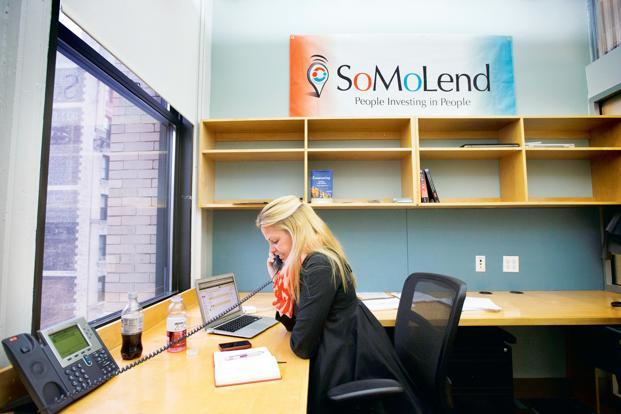Summary: Razoo has helped nearly one million officially registered nonprofit organizations to crowdfund. The site allows nonprofits to accept donations on their own website or on their Facebook page. Fundraising causes are organized into categories like animals, arts, cancer, disaster relief, environmental, and more. Charities can also post their fundraising events, including memorials and walkathons.
Best Feature: Razoo allows charities to create a profile for their cause, complete with video and photos. The site offers detailed examples of fundraising ideas for nonprofits to get started, and hosts “giving days,” which are 24-hour online fundraising competitions. The site also offers an iPhone app and donation widget for the organization’s website or Facebook page, which makes receiving and tracking donations a breeze. Tech-savvy individuals will like Razoo’s iPhone app, which allows users to receive notifications when someone donates, and includes an option to thank each donor individually.
What To Consider: You must be an officially recognized nonprofit to use this service. Razoo includes a list of approved charities, but if yours isn’t on the list, you can email your letter of determination from the IRS directly to Razoo so they can include it. You can learn more about this here.
Ideal User: Razoo is a good choice for nonprofits looking for an easy way to manage and encourage donations via web and social media.
Cost: The site charges a flat rate of 2.9% on all donations to cover credit card processing costs. Users can set up a fundraiser for any charity with no setup fees or monthly subscription fees.













 Andrew Haldane said that he believed the rise of peer-to-peer lenders such as Zopa and Funding Circle – which match up companies needing money with investors – and
Andrew Haldane said that he believed the rise of peer-to-peer lenders such as Zopa and Funding Circle – which match up companies needing money with investors – and